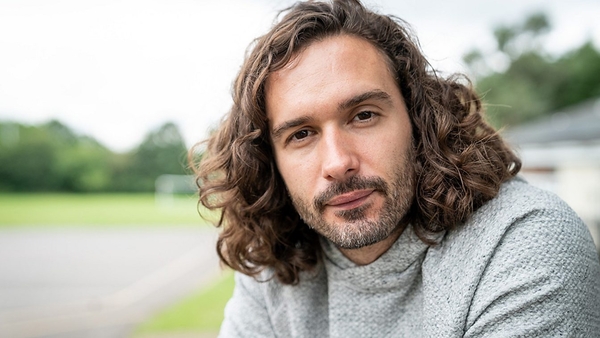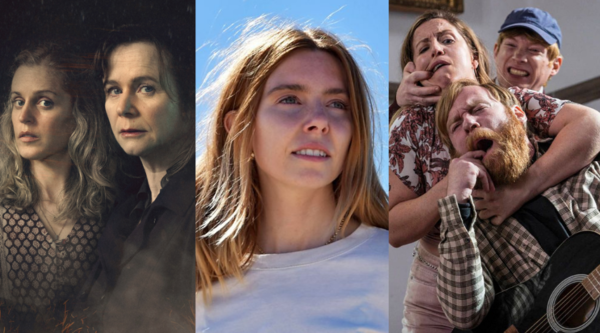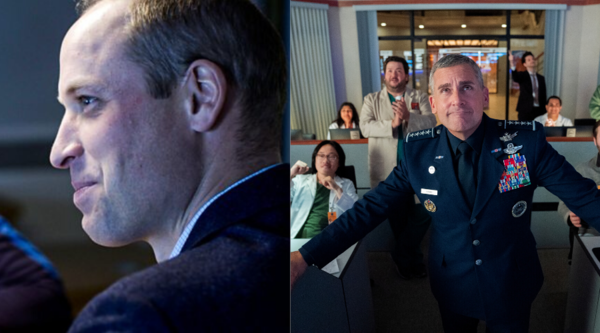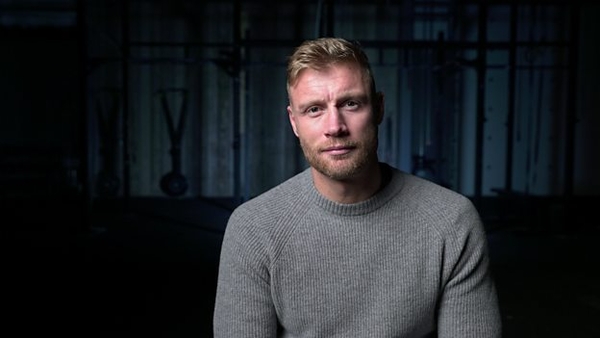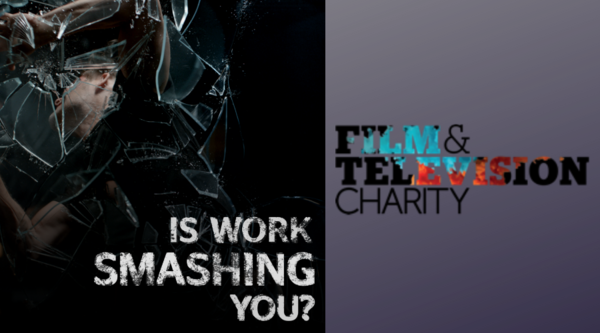Joe Wicks to explore mental health in new BBC documentary
Over the past year, Joe Wicks has had a meteoric rise from an Instagram famous health and fitness guru, to a beloved national treasure.
During the pandemic, Wicks kept millions fit with his online PE classes and won over the country with his positive attitude, enthusiasm and charm.
However, Wicks did not have an easy start in his life, he grew up with parents who struggled with their mental health.
His mother experienced acute OCD and his father suffered from heroin addiction.

